Overview
Syntero - Northeast is a mental health treatment center for people seeking treatment near Franklin County. As part of their treatment modalities for recovery, Syntero - Northeast provides individual psychotherapy, couples/family therapy, and cognitive behavioral therapy during treatment. Syntero - Northeast is located in Columbus, Ohio, accepting cash or self-payment for treatment.
Syntero - Northeast at a Glance
Payment Options
- Cash or self-payment
- Medicaid
- Medicare
- Private health insurance
- Federal military insurance (e.g., TRICARE)
Assessments
- Screening for tobacco use
- Comprehensive mental health assessment
- Comprehensive substance use assessment
- Outreach to persons in the community
- Screening for mental disorders
Age Groups
- Seniors or older adults
- Adolescents
- Children/adolescents
- Young adults
- Adults
Ancillary Services
- Case management service
- Court-ordered outpatient treatment
- Psychosocial rehabilitation services
- Suicide prevention services
- Mental health services
Highlights About Syntero - Northeast
7.05/10
With an overall rating of 7.05/10, this facility has following balanced range of services. Alcohol Rehabilitation: 8.00/10, Drug Rehab and Detox: 6.00/10, Insurance and Payments: 6.00/10, Treatment Options: 8.18/10.-
Treatment Options 8.18
-
Alcohol Rehabilitation 8.00
-
Drug Rehab and Detox 6.00
-
Insurance and Payments 6.00
Accreditations
State mental health department:
State mental health department accreditation refers to the process of evaluating and certifying the quality and standards of a state's mental health department, ensuring that it provides high-quality services and meets specific criteria for mental health care. The accreditation process is performed by a third-party organization and helps to improve the overall care and treatment of individuals with mental health conditions.
Commission on Accreditation of Rehabilitation Facilities (CARF):

CARF accreditation is a prestigious recognition granted to rehabilitation and human service organizations. It signifies that an organization meets high-quality standards, having undergone a rigorous evaluation process. CARF accreditation boosts an organization's credibility and ensures top-notch care for individuals with disabilities, injuries, or healthcare needs.
Treatment At Syntero - Northeast
Treatment Conditions
- Alcoholism
- Mental health treatment
- Substance use treatment
- Co-occurring Disorders
Care Levels
- Outpatient
- Regular outpatient treatment
- Aftercare
Treatment Modalities
- Individual psychotherapy
- Couples/family therapy
- Cognitive behavioral therapy
- Dialectical behavior therapy
- Integrated Mental and Substance Use Disorder treatment
Ancillary Services
Languages
- Sign language services for the deaf and hard of hearing
- Spanish
Special Programs
- Clients who have experienced trauma

Get Help Now
Common Questions About Syntero - Northeast
Contact Information
Other Facilities in Columbus

6.74

7.12
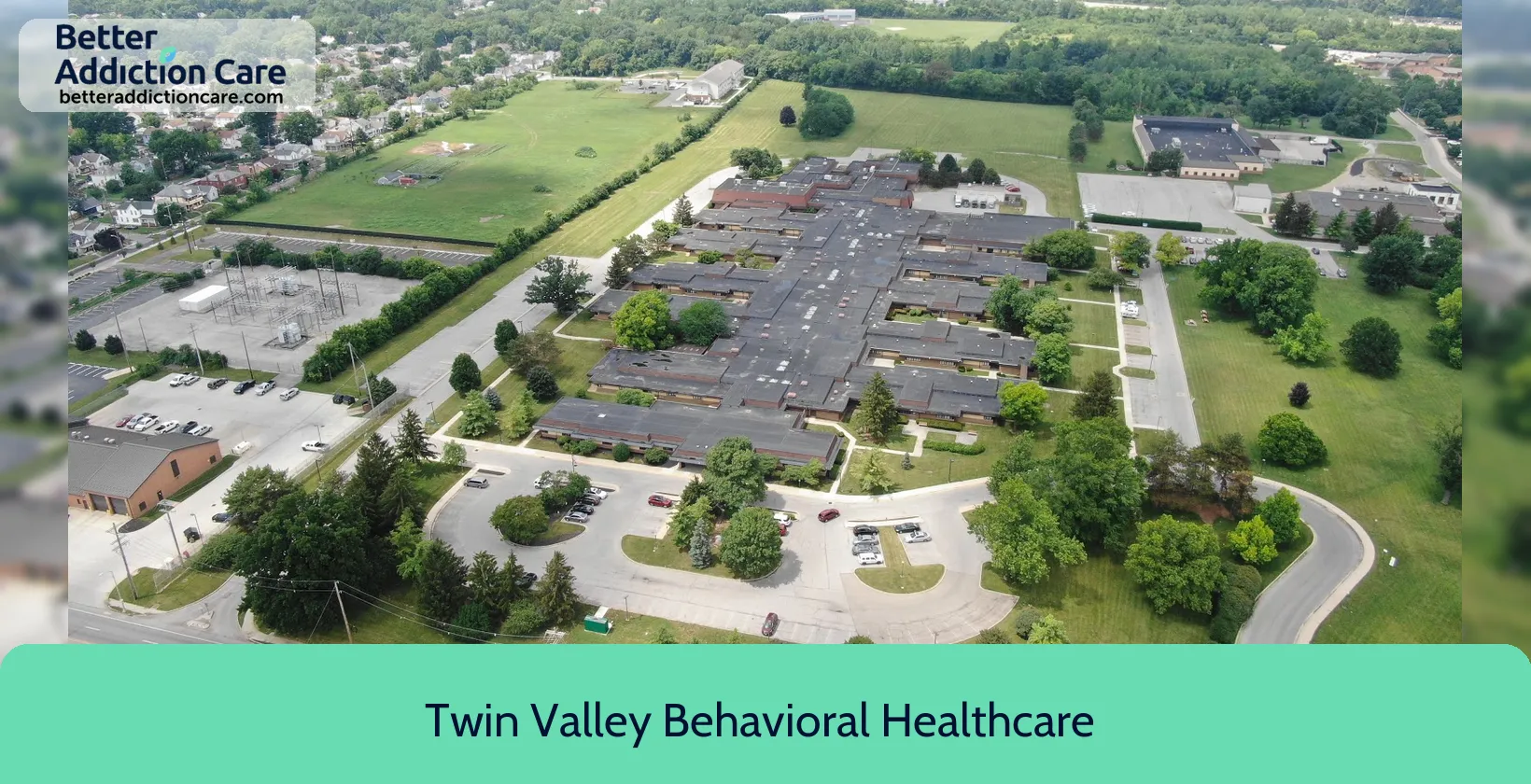
6.65
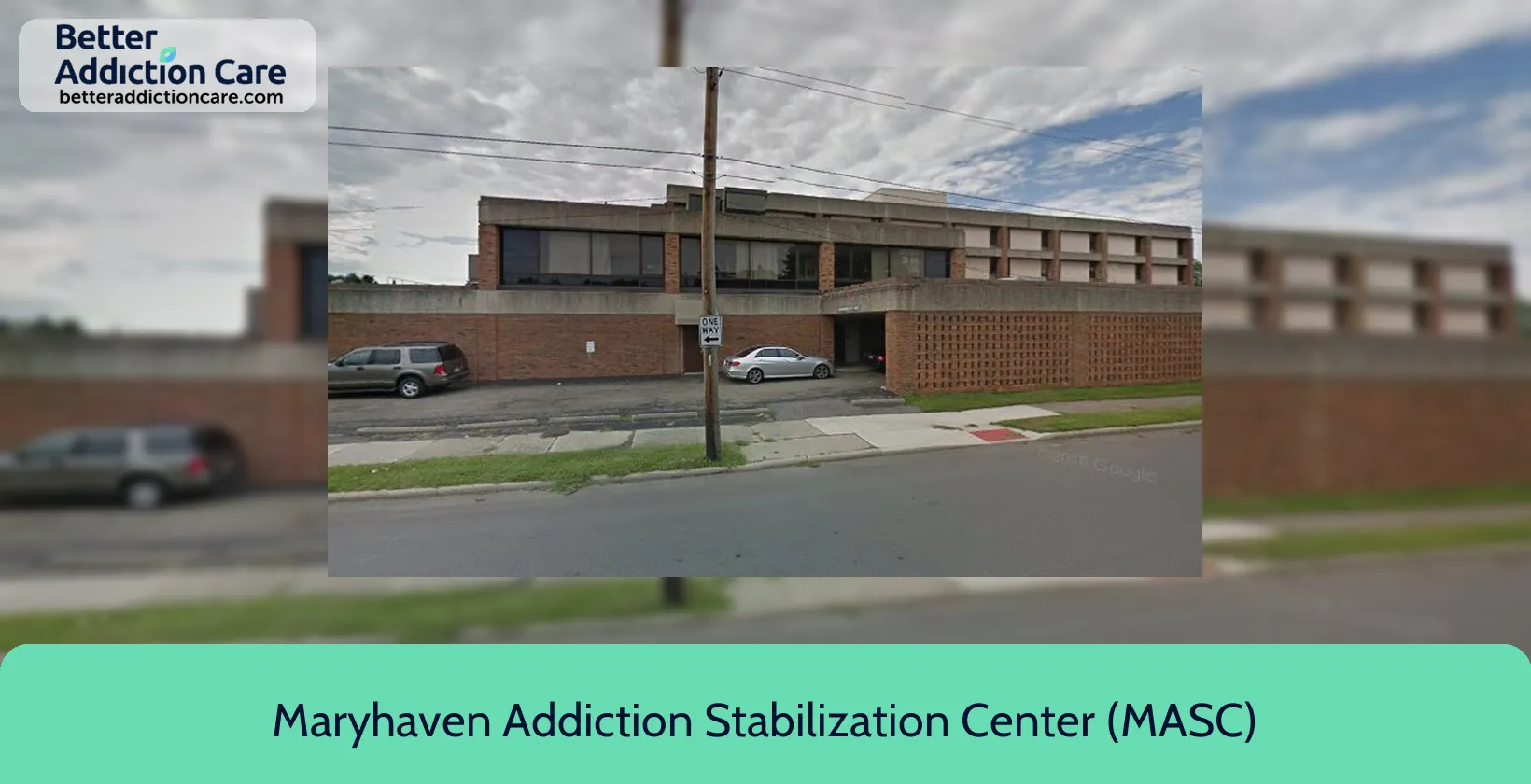
7.36
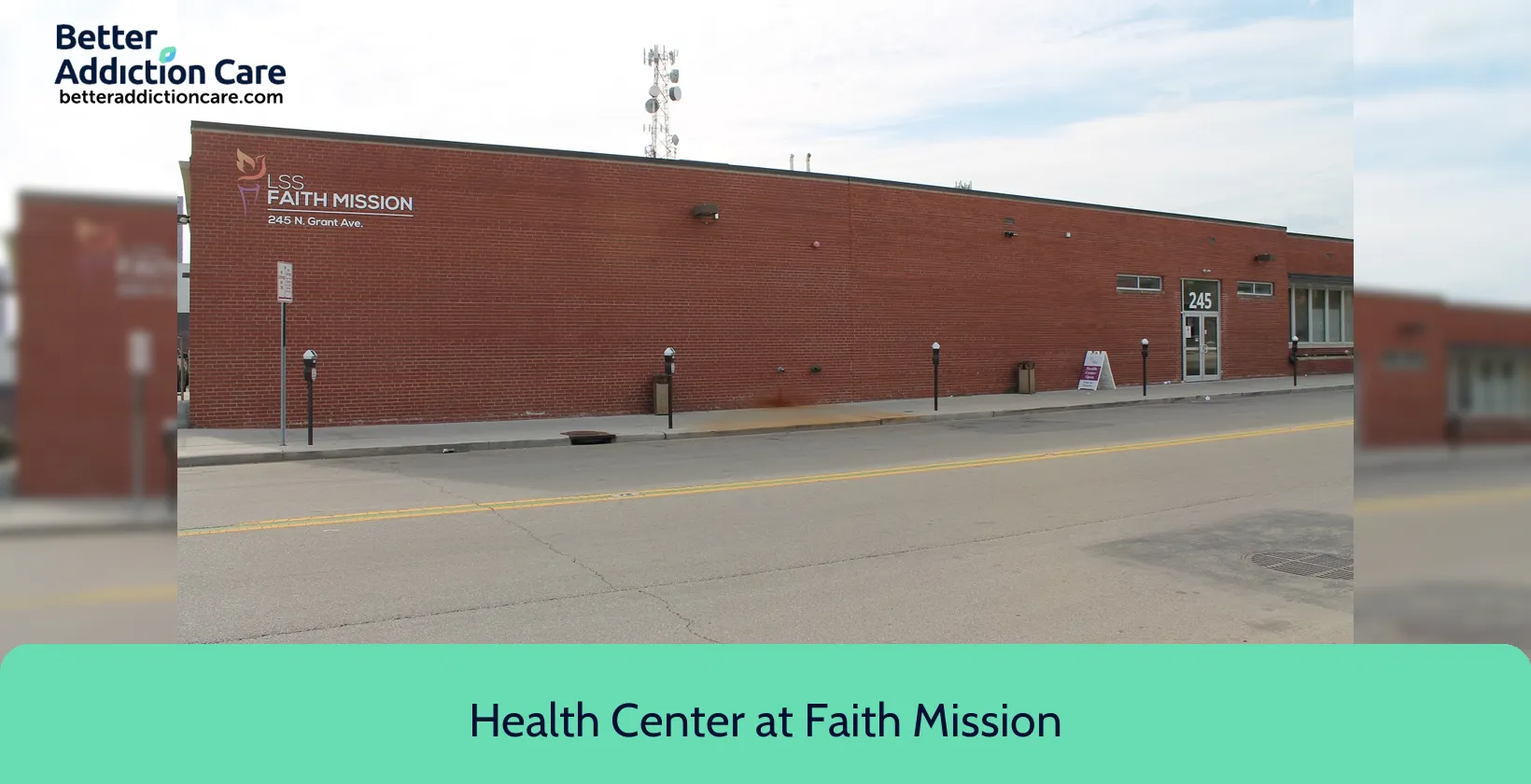
7.16
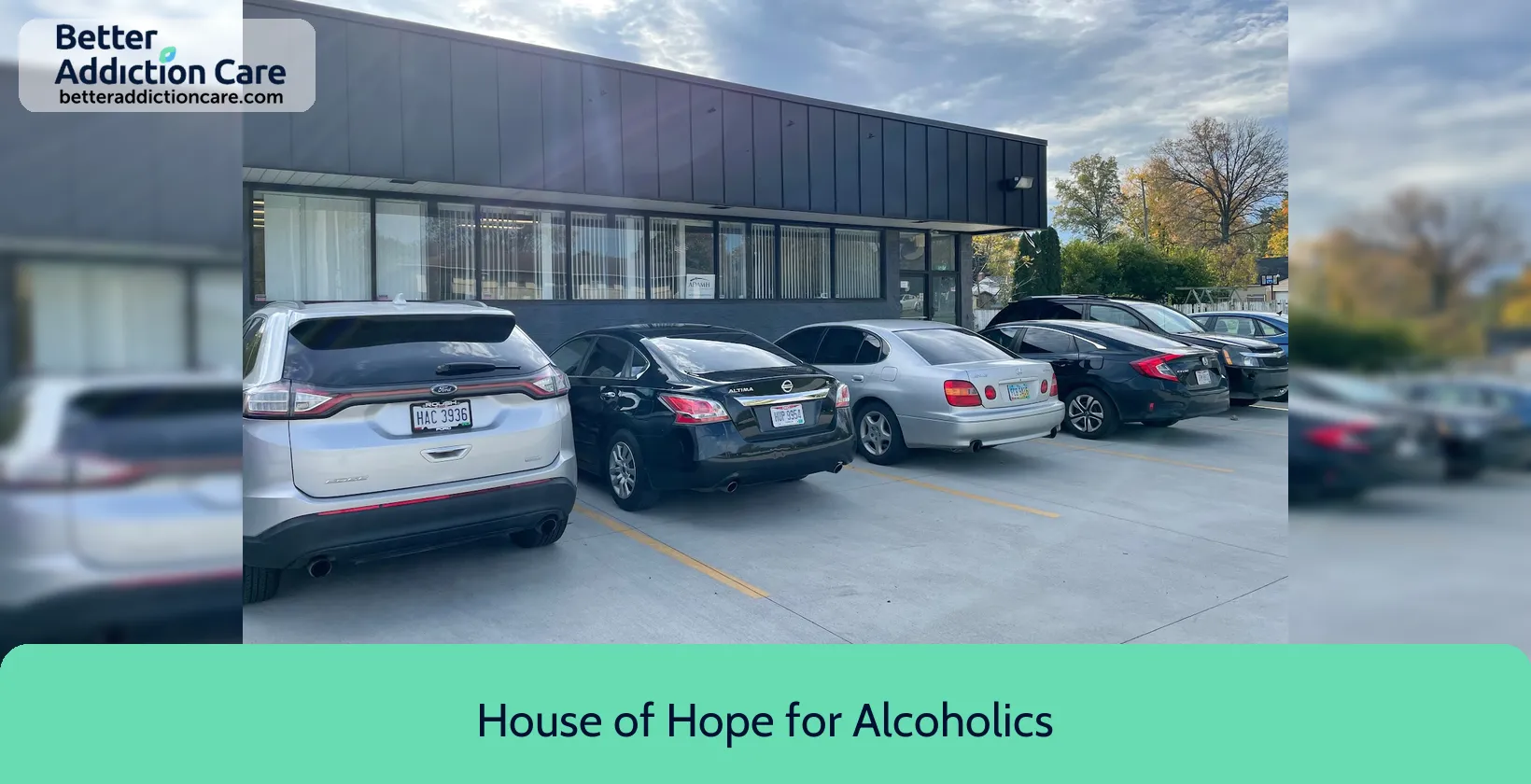
6.86
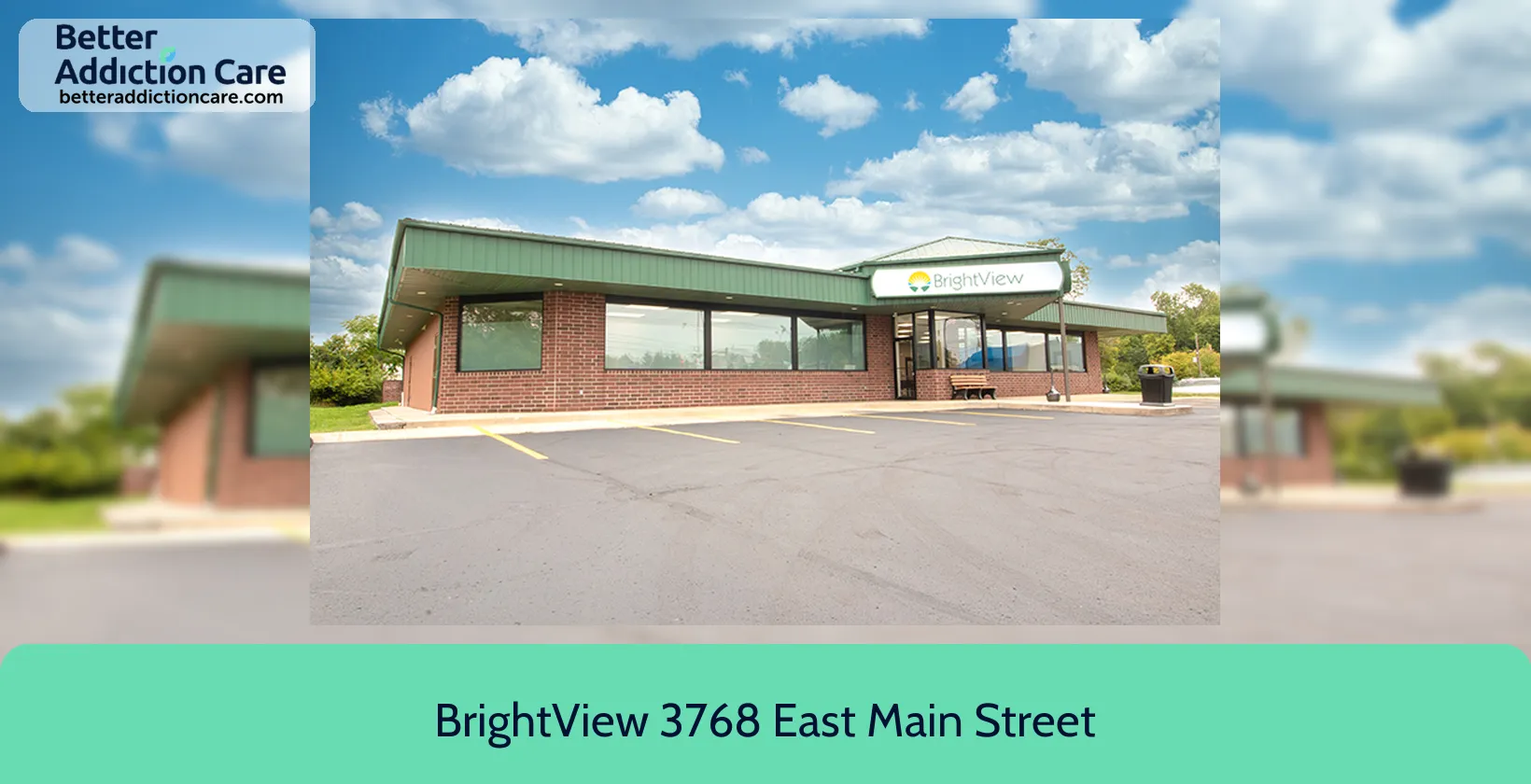
7.53
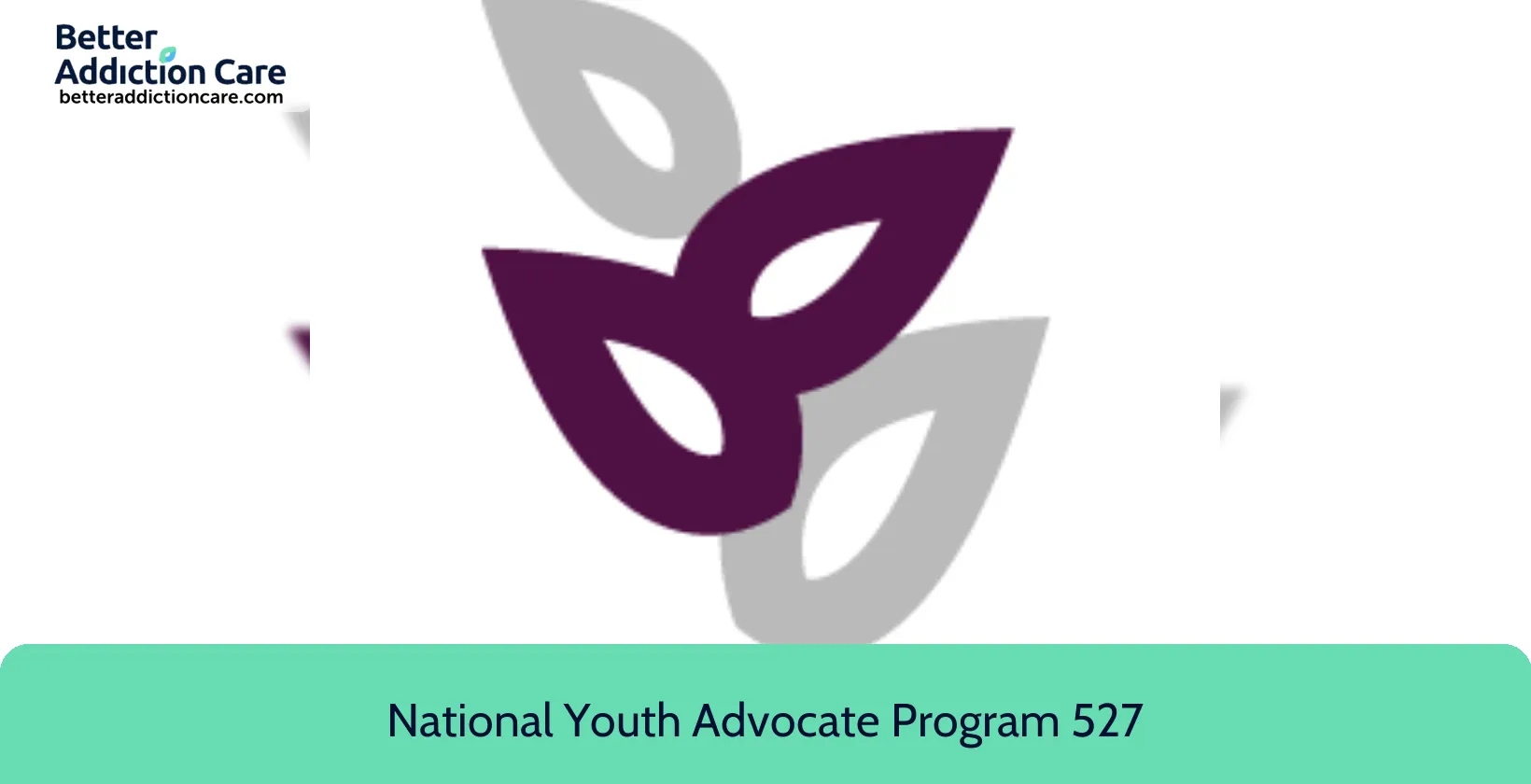
6.62
DISCLAIMER: The facility name, logo and brand are the property and registered trademarks of National Youth Advocate Program 527 South High Street, and are being used for identification and informational purposes only. Use of these names, logos and brands shall not imply endorsement. BetterAddictionCare.com is not affiliated with or sponsored by National Youth Advocate Program 527 South High Street.


